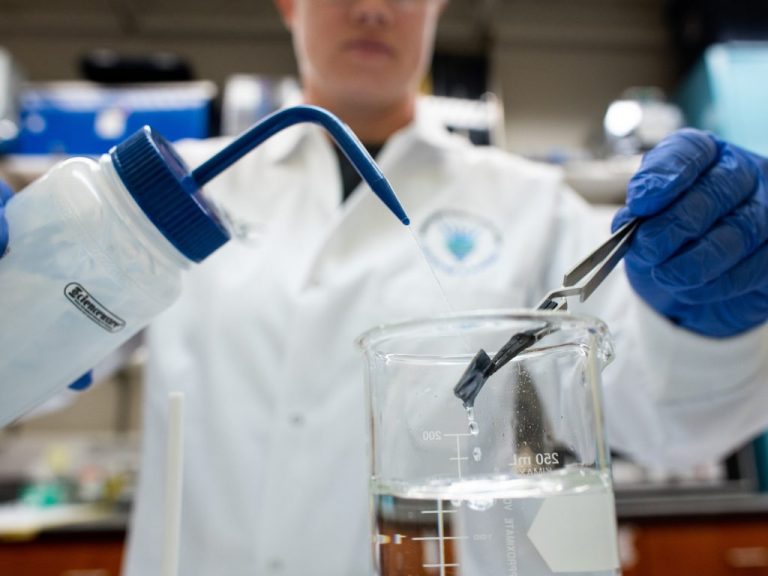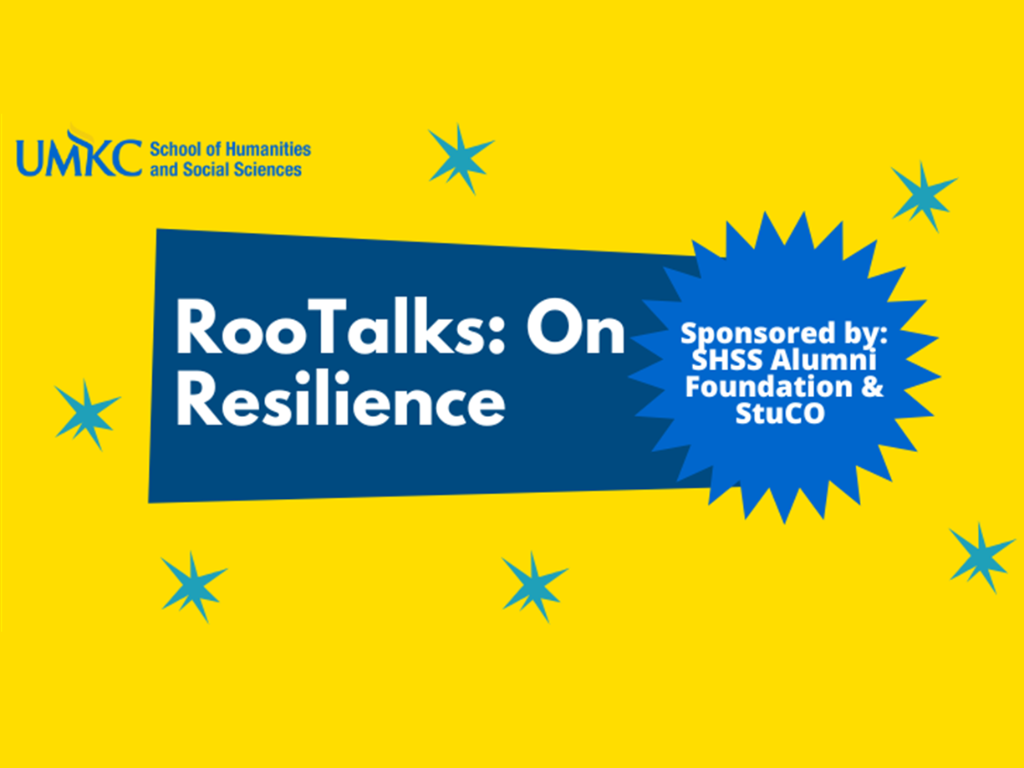The Critical Materials Crossroads team, led by the University of Missouri-Kansas City, officially advanced in September 2025 as one of 15 finalists for the National Science Foundation Regional Innovation Engines award.
Critical materials includes minerals that are essential to modern life, forming the backbone of products such as medical equipment, cars, industrial machinery and consumer electronics. Yet U.S. manufacturing has declined significantly since the early 1990s, leaving the nation heavily dependent on imported supplies—a vulnerability that poses risks to both economic growth and national security. The Critical Materials Crossroads seeks to reverse this trend by onshoring manufacturing jobs and creating a sustainable pathway to produce these vital critical materials domestically, reducing reliance on foreign entities of concern while strengthening both national and economic security.
"Kansas City’s bold thinking and collaborative action are driving innovation,” said Lisa Krigsten, Chair, Civic Council of Greater Kansas City. "The Critical Materials Crossroads is a collaborative, visionary effort that builds on the region's research strengths and demonstrates our commitment to workforce development and national security.”
For the final stage, the NSF will conduct an on-site assessment of the finalist teams to gain further understanding of their regional coalitions, the alignment of their proposed leadership teams and core partners and their visions for research and development. The NSF will announce the NSF Engines awardees in early 2026. If selected, the Critical Materials Crossroads could receive up to $160 million over the next 10 years to drive workforce development, spur regional economic growth, launch new businesses and educate the next generation of leaders in critical materials.
This announcement follows a significant achievement in July 2025, when the Critical Materials Crossroads team officially advanced as one of 29 semifinalists for the National Science Foundation Regional Innovation Engines award.
The groundwork for these achievements began in May 2023, when UMKC received a $1 million, 24-month federal cooperative agreement to lead the development of a critical materials ecosystem in Kansas City. Since that award, the Critical Materials Crossroads has been building momentum to create a vertically integrated hub for critical materials processing, technology development, applied research, and workforce training in the heart of the nation. The overarching goal of the project is to ensure the United States can produce, refine and deploy critical materials domestically while strengthening economic security, national resilience and global competitiveness.
The Critical Materials Crossroads ecosystem has leveraged partnerships with universities, businesses, industry, nonprofits and state, local and federal government institutions in Kansas and Missouri to drive significant economic growth. To accomplish such growth, the regional partnership coalition is working together to develop a domestic critical materials supply chain and fostering advanced domestic manufacturing capabilities while promoting broad access to employment and entrepreneurship.
Key outcomes for the regional innovation ecosystem over the next 10 years include:
- Coordinate, facilitate and mentor the creation of 70 small businesses in Missouri and Kansas.
- Add $17 billion to the Kansas City Metropolitan Statistical Area and create more than 10,000 jobs.
- Secure a sustainable and competitive U.S.-based supply chain for critical materials processing and manufacturing.
- Create, maintain and professionally develop a pipeline of targeted degree/certificate holders to meet workforce needs.
- Be the catalyst and trusted partner for U.S. critical material processing and manufacturing that drives innovation.
- Develop a technology maturation network that rapidly scales new technologies from lab-scale to full-scale by providing centralized business support services and funding for startups and new innovations.
“UMKC is proud to take the lead on behalf of the University of Missouri System and its four universities on this exciting effort to create a new industrial base in our region focused on critical materials,” said UMKC Chancellor Mauli Agrawal. “The potential for business formation and job creation is extraordinary, and we’ll be working with partners throughout Missouri, Kansas and the region to make that happen.”
Anthony Caruso, vice chancellor for strategic initiatives and Curators' Distinguished Professor of Physics and Electrical Engineering, is the principal investigator for the grant.
“Being selected as an NSF Engines finalist is an extraordinary honor for the Critical Materials Crossroads and for the Kansas City region,” Caruso said. “The NSF recognition underscores the strength of our partnerships—across universities, industry and community organizations — that have made this achievement possible. Together, we are positioning Kansas City as a national leader in critical materials innovation, workforce development and regional economic growth.”








